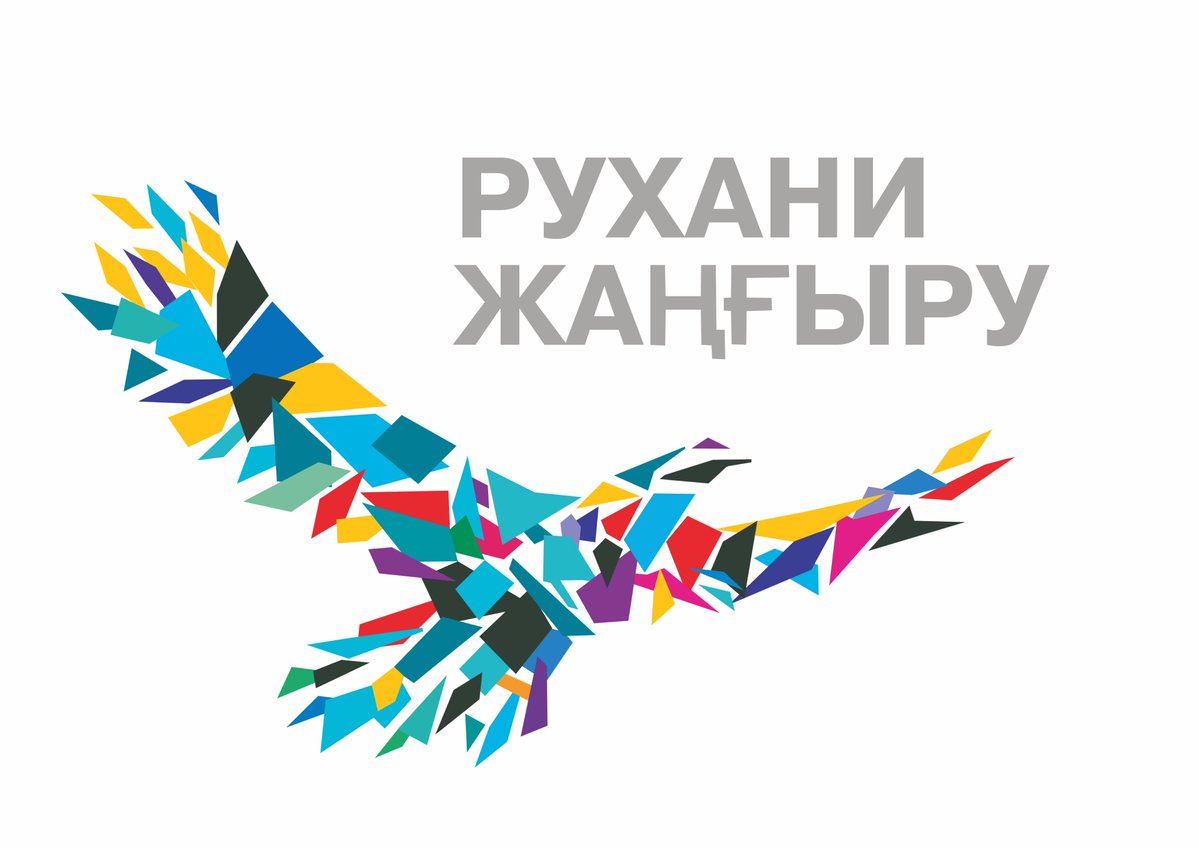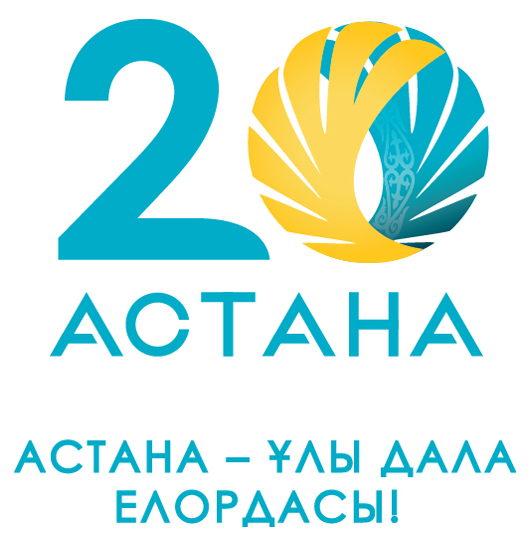Қалыптастырушы бағалау сабақ процесінде қалай жүзеге асуда? Сабақ барасындағы білім алушының әрекеті қандай? Мұғалім оқушыға дер кезінде қолдау көрсете алды ма? Міне, осындай сұрақтарға жауап іздеу мақсатында семинардың «Көктем» қазақ орта мектебінің ағылшын тілі пәні мұғалімі Н.Таңатаров сабақ беріп, әріптестерімен өз тәжірибесімен бөлісті.
Тақырыбы: Travel equipment
Сыныбы:6
Мақсаты: Топтарда шығармашылық және бірлескен мәселелерді шешу үшін сөйлеу және тыңдау дағдыларын дамыту.
Short term lesson plan
|
Unit of a long term plan Unit 6 Travel and holidays. Lesson plan |
School: |
|||||||||||||
|
Date:28.01.19 |
Teacher’s name: Tanatarov Nauryzbek
|
|||||||||||||
|
Class: 6 |
Number present: |
Number absent: |
||||||||||||
|
Lesson title |
Travel equipment |
|||||||||||||
|
Learning objectives(s) that this lesson is contributing to |
6.C1 use speaking and listening skills to solve problems creatively and cooperatively in groups |
|||||||||||||
|
Lesson objectives |
All learners will be able to: · Identify the theme, new words and use them as the basis for discussion. · Demonstrate knowledge for usage of the theme Imperatives. Transfer information from the given information into a graphic organizer. Most learners will be able to: · Select, compile, and synthesize information for an oral presentation · Provide a point of view in conversations and discussions; speak about travel and holidays. Some learners will be able to: · Respond to and discuss the reading passage using interpretive, evaluative and creative thinking skills. · Make a presentation about your holidays. Respond to and discuss the reading passage using interpretive, evaluative and creative thinking skills. |
|||||||||||||
|
Value links |
Cooperation, respect each other's opinion, functional literacy. |
|||||||||||||
|
Cross curricular links |
Social Science, Psychology, Geography, Information Technology, Natural Science. |
|||||||||||||
|
Previous learning |
Talking about dream school. |
|||||||||||||
|
Use of ICT |
Smart board for showing a presentation, getting additional information, playing the audio files. |
|||||||||||||
|
Intercultural awareness |
Students will be able to understand that people should travel and get knowledge about different countries. |
|||||||||||||
|
Health and Safety |
Breaks and physical activities used. Everyday classroom precautions will ensure that safety measures are provided to prevent the exposure of electrical power cords.
|
|||||||||||||
|
Planned timings |
Planned activities |
Resources |
||||||||||||
|
2min
Beginning of the lesson
3 min
7 min. |
CLASS ROUTINE 1.Greetings Interaction pattern: T-Ss Teacher greets learners. Teacher asks learners “How are you today?” to find out their felling at the beginning of the lesson. Also teacher asks learners about weather, date, day, etc. T: - Good morning, dear children! - How are you today? - What is the weather like today? - Who is on duty today? - Who is absent today? - What date/day is it today? STARTER
Teacher introduces with the todays objectives, assessment criteria and hands out descriptor:
Use speaking and listening skills to solve problems creatively and cooperatively in groups
2.Strategy. “Draw your brain” To watch video.
T: Dear learners tell me please: - What can you see? What is video about? - What are they doing? What is the theme of our lesson? Descriptor: A learner - practices the words into two languages (English, Kazakh) - listen accurately the audio
1.tent 2.sleeping bag 3.rucksack 4.stove 5.waterproof clothes 6.torch 7.first aid kid 8.sattelite phone 9.compas 10.map 11.sunscreen 12.insect repellent |
PPT
Student Book p.68 Writing Worksheet
Pictures PPT
Audio CD |
||||||||||||
|
Main Activities
2 min
Aims:Development of logical thinking, vocabulary of pupils.
7 min
Aims:To contribute to the ability to communicate freely and accurately by working together in collecting group knowledge.
6 min
Aims: When working in a team, you need to expand the sentence to show the information you have.
7 min
Aims:Test your knowledge of the lesson so far by deciding whether the following statements are true or false
3 min
|
(f) Applause assessment:
Teacher assesses the learners with applause:
3. Language point. Imperatives THE INTRODUCTION OF GRAMMAR. IMPERATIVES.
Ex.3 - 4-p.68 Sentence completion task.
4. After the grammar. method of “braclon” 1.Swim 2.use 3.forget 4.make 5.wear 6.look
1._Dont swim_____in the river. Thera are crocodiles. 2.__Wear____sunscreen every day in summer 3.___Dont use___your torch in the day. You need it to see at night 4. Look at the compass and find north 5.___Make____dinner on the stove 6.___Dont forget____waterproof clothes. Its going to rain
Descriptor: -Do the filling-gap and understand words.
Formative assessment: - What did you know? - Did you achieve the goal? - What was difficult? - What did we do faster?
5. Strategy: Think- pair-share. Read the clues and write the objects.
1. Insect don’t like this. Insect repellent 2. This is very long. Rope 3. Use this to talk to your family. Satellite phone 4. These protect your eyes when there is a lot of sun. Sunglasses 5. When it rains, these help you to stay dry. Waterproof clothes 6. These protect your hands. Gloves 7. This hat protect your head. Helmet
Descriptor:
- Can match words - Can understand the sentences Assessment criteria: Excellent job! 5 sentences Good job! - 1- 7 sentences .Try again!
Aims:used speaking skills to solve problems creatively and cooperatively in groups
6. Complete the postcards Strategy:"Adding details" Descriptor: - Finds hidden words -Reads text, understands the content
Aims:used speaking skills to solve problems creatively and cooperatively in groups Assessment criteria:
- What did you know? - Did you achieve the goal? - What was difficult? - What did we do faster?
7. Strategy: “Mosaic”-Check-up yourself Descriptor: - Uses the picture and matching.
Assessment criteria: (f) Oral assessment: Teacher assesses the learners orally with these words. T: - Excellent! - Good! - Fine! |
Student Book p.68 CD2.11.
Student Book p.68
Writing Worksheet
Slides
Handout |
||||||||||||
|
Ending the lesson 3 min.
|
CLASS ROUTINE 8. Home task: Teacher gives the task for students. Students should draw a picture and write an essay at home. “About camping…” Teacher says: “Dear students, thank you for your jobs today. You worked very well!”
Self-assessment
How well do I understand? 4- I can do this and explain it to someone else 3- I understand and can do this by myself 2- I need more practice 1 - I don’t understand this yet |
|||||||||||||
|
Differentiation – How do you plan to give more support? How do you plan to challenge the more Able learners?
|
Assessment – How are you planning to check learners’ learning? |
Critical thinking |
||||||||||||
|
Differentiation can be achieved through the selection of activities, identification of learning outcomes for a certain student, provision of individual support to learners, selection of learning materials and resources based on the individual abilities of learners. |
Assessment criteria: 1. Identify the main idea in extended talks with little support. 2. Apply topic related vocabulary in speech appropriately arranging words and phrases into well-formed sentences. 3. Demonstrate the ability to participate in a conversation. Descriptor: A learner: · Selects an appropriate answer. · Completes the task. · Uses appropriate subject-specific vocabulary while speaking. · Discusses questions and answers the questions within the group. · Observation · Feedback on the work · Peer-assessment |
Students think critically, exploring, developing, evaluating and making choices about their own and others’ ideas |
||||||||||||
https://koktem.inderoo.kz/kz/zha-aly-tar/143-travel-equipment.html#sigFreeId4beb927200

















